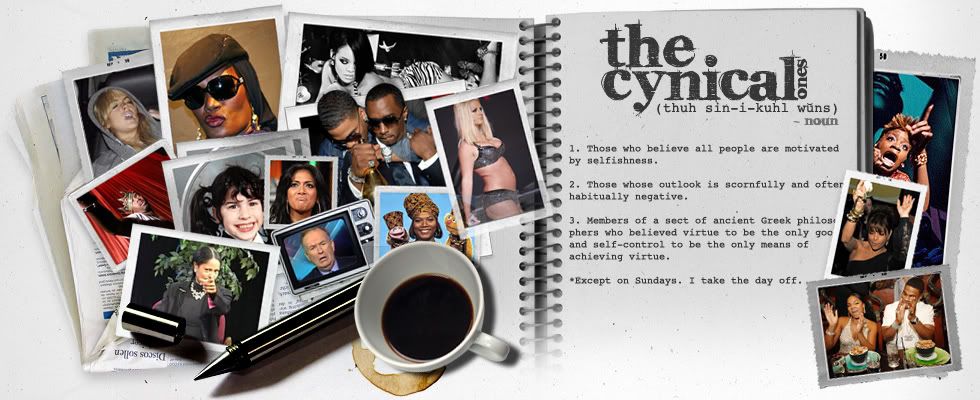I always say this country is heading back to the 1950s.
South Dakota kicked it off by banning abortions, and now Nebraska is bringing back
segregation to its public school system.
Last Thursday the Nebraska legislature voted to divide the Omaha school district along three lines: One district to be mostly black, the other two predominately white and Hispanic.
Supporters of the bill, which include the state's lone black senator, argue that the plan will allow minorities control over their own school boards and afford them the opportunity to ensure that their children are not short changed in favor of their white counterparts.
The governor of the state is expected to sign the bill into law shortly. The breakup is not expected to occur until July 2008.
Are they bringing back segregation, or are they choosing to just no longer beat around the bush about something that's been happening for quite some time now?
But old patterns of segregation persist. A survey of enrollment statistics reveals that, in several important ways, the school segregation Brown was enacted to end more than two generations ago remains a fact of life today, in some parts of the country worse now than it was at the time of the decisions.
Also...
A July 2001 study from the Civil Rights Project at Harvard University found that school systems are resegregating, despite the impact of Brown.
And why is that?
"There is no intent to create segregation," said Omaha Sen. Ernie Chambers, the Legislature's only black senator and a longtime critic of the school system. He argued that the district is already segregated, because it no longer buses students and instead requires them to attend their neighborhood school. --- Omaha Sen. Ernie Chambers
Chambers said the schools attended largely by minorities lack the resources and quality teachers provided others in the district. He said the black students he represents in north Omaha would receive a better education if they had more control over their district.
I can attest to this, as every k-12 school I've attended has been largely populated by blacks and Hispanics. Much of it has to do with zoning. That's a sure fire way to keep schools lily white.
And just how do most of us feel about these schools?
Perhaps — in a nod to the idea of perception being as powerful as reality — that's why the Joint Center for Political and Economic Studies found, in its 2002 National Opinion Poll on education, that most whites rate their local public schools highly, while most African Americans and Hispanics give their schools only a fair grade.
So in a nutshell, school districts are resegregating anyway, only they're not allotting an adequate amount of funds to schools largely populated by minority groups. This means if you're from a higher socioeconomic status, you're afforded the luxury of attending a quality school full of caring teachers, an abundance of resources, and all the opportunity in the world.
If you're on the lower end of the totem pole, you attend schools like mine: Schools with class sets of books. Schools surrounded by fences. Schools with strict dress codes. Schools with administrators who attempt to channel Joe Clark a wee bit too much. In short, you attend a training ground for prison.
I don't think it's a coincidence that schools are more segregated now than ever. If you don't have equality in terms of money and resources, than it's just pretty much for show, isn't it?
Before desegregation, black students dealt with greater barriers than the ones I've listed. But, their mindset was completely different than ours. There was a sense of community still prevalent. Education was valued so much more.
Decade's later nihilism runs rampant in our community, and while we are certainly partially to blame for that, we can't negate the government's role in fostering its growth.
I've heard many older people say blacks were better off before desegregation. That before desegregation we all wanted to learn. We used to look out for each other. We persevered to overcome the racial barriers placed upon us to further the race.
Fifty years after Brown vs. Board of Education a black man will likely see more money spent on his prison cell than his education. That is a problem.
But is the solution a true "Separate but Equal" policy? Are we going to counter new millennium grievances by returning what was formally viewed as our biggest obstacle?
The Cynical Ones.






